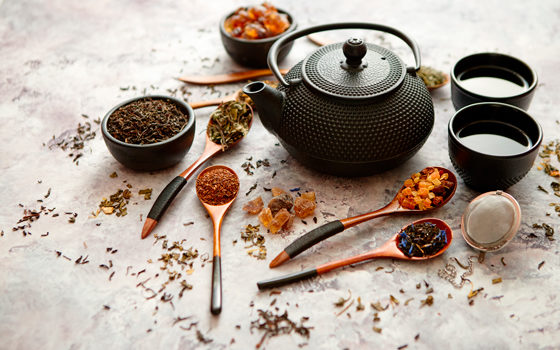Did you know that the average Canadian drinks 152 litres of coffee per year, ranking them third among coffee drinkers around the world? And it’s no surprise that most of these litres are consumed in the morning to start off the day! Our society literally wakes up to this caffeinated drink and many of us have become addicted to it.
This addiction is not necessarily to the coffee itself, but rather to the ritual associated with it — the cultural and social side of grabbing a coffee with friends, or the comforting smell and repetitive movements inherent to preparing your cup of joe each morning. But I can’t help but ask myself if we don’t just drink coffee out of habit, while we’re on automatic. Several of us don’t really take the time to ask ourselves if we really feel like having a cup. Is this really what we’re in the mood for? As a dietician, I think it’s important to slow down and practice mindfulness both when we drink and when we eat.
If you’re questioning your need to drink coffee each morning, or if you simply want to cut down on your consumption of this stimulant, here are a few tips to get started:
- Change your morning ritual. If you’re in the habit of preparing your cup as soon as you wake up, make sure to replace this moment with something else. Head for the tea kettle instead to boil some water to make a cup of scintillating tea or take those moments to do some morning meditation or stretching.
- Replace your coffee with decaffeinated chai tea. For some, the comforting smells and spices of chai tea mimic the intense notes of coffee.
- Bring along some ready-to-use bags of tisane or rooibos and keep them in your backpack or handbag. When the temptation to have a traditional cup of coffee in the middle of the day hits, it will be less intense if you have everything you need for an alternative while you’re out or at work.
- Practice yoga. It will help keep you calm and connected with yourself without needing the external stimulus.
- Drink lots of water and bring a water bottle with you during the day. If you get headaches from reducing your caffeine intake, water will help keep you hydrated, and you’ll just feel better in general.
- Make the change while on vacation. It’s been proven that it’s easier to make some changes when you’re not in routine mode.
- Warm lemon water
- Ginger tea
- Nut milk latte (See our Vegan Cardamom & Tahini Latte)
- Turmeric latte (golden milk)
- Chaga latte
- Juices and smoothies
- Rooibos

